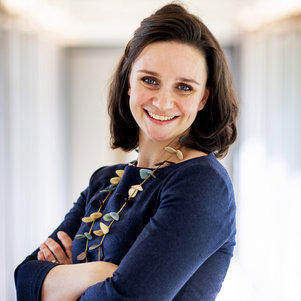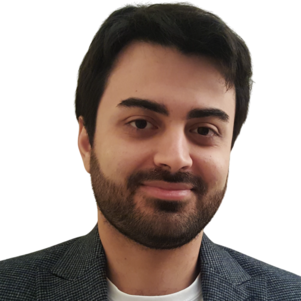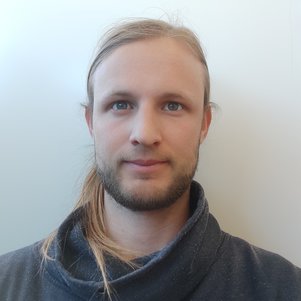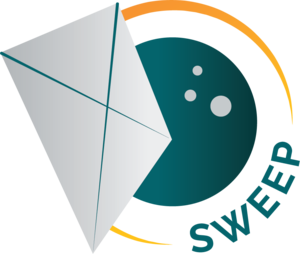The “streets in space” are lined with garbage. Operational satellites that are vital to our everyday lives share their orbits with discarded rocket stages, defunct satellites, and spacecraft fragments: space debris. SWEEP investigates the idea of a “shuttlebus” that collects debris objects and transports them to a place where they no longer pose a threat to operational satellites. To move around, the shuttlebus takes a very sustainable approach to its propulsion mechanism by “sailing on sunlight”: it uses wafer-thin mirrors to harvest the energy of solar photons, propelling the shuttlebus as it “sweeps” around the Earth.
Research
“There’s a problem brewing overhead” [European Space Agency, 2023] . Earth-orbiting satellites that are vital to our communication and navigation capabilities, as well as for delivering data for scientific research increasingly share their orbits with inactive, manmade objects. Over 36,500 debris objects larger than 10 cm float around Earth. An impact from such an object may destroy a satellite, or worse, threaten human spaceflight.
The global community agrees: action is needed to clean up space and preserve the near-Earth environment for future generations. The SWEEP project responds to this call for action with its overall aim to demonstrate that solar-sail technology can enable the clean-up of multiple pieces of debris within a single mission. As such, it contributes to a sustainable and cost-effective solution to an ever-increasing global challenge.
Network
The SWEEP project works together with key stakeholders through its User Committee, secondments of the PhD researchers to collaborators, model inputs, and joint supervision of collaborative MSc thesis students. Together, we aim to make the first steps towards fuel-free space-debris removal, define technology development requirements, and propose a technology demonstration mission.
The international and multi-disciplinary User Committee consists of seven renowned experts across academia, industry and space agencies. The committee acts as sounding board, is a source of external feedback, and enhances knowledge utilisation.
Ir. Eric Bertels
Prof. Riccardo Bevilacqua
Dr. Camilla Colombo
Ir. Kevin Cowan
Dr. Tim Flohrer
Andrew Nutter MSc
Dr. Keats Wilkie
Additional collaborative agencies and academic partners include:
-
Solar-Sail Trajectory Optimisation for Active Space Debris Removal
-
Redefining the Solar-Sail Orbit Dynamics Around Earth
Team

Dr.ir. M.J. (Jeannette) Heiligers
Associate Professor
M.J.Heiligers@tudelft.nl

A. (Andrea) Minervino Amodio
PhD Candidate
A.MinervinoAmodio@tudelft.nl

F. (Fernando) Gámez Losada
PhD Candidate
F.GamezLosada@tudelft.nl
Are you interested in joining the SWEEP project as student or collaborator? Please reach out via M.J.Heiligers@tudelft.nl

